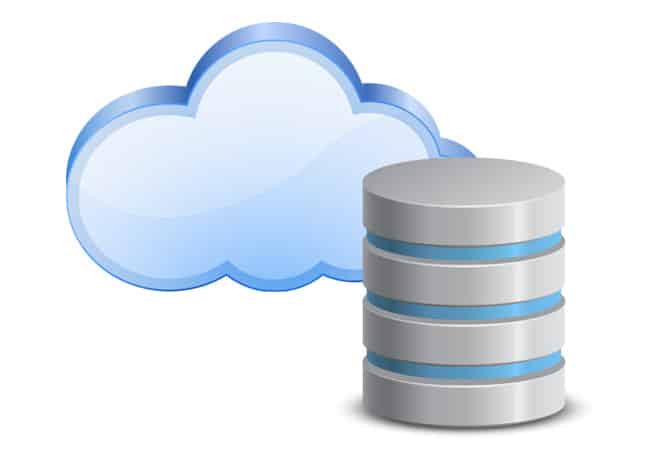 by Sol Orlowski, Second Shift Adminstrator
by Sol Orlowski, Second Shift Adminstrator
Performing backups of a company’s data is a critical, but often overlooked process. One study found that 53% of organizations revealed they do not conduct daily backups. Even if they did, having a backup procedure in place doesn’t always guarantee business data is protected. Storage Magazine reported that 34% of companies don’t test their backup tapes. Of the remaining 66% that do perform tests, 77% have found failures.
The need for an offsite space is an important consideration when deciding what kind of backup is right for you. Data that is backed up physically (on tapes) must be stored in a location separate from yours. If your building were to be affected by a disaster (i.e. fire, flood, tornado), data stored locally could be permanently lost. Data loss can be a serious, long-term detriment to a business (i.e. bankruptcy, closure, etc.).
In recent years, online backups have emerged as an attractive alternative to physical data storage. Data backed up in the “cloud,” an online environment that is accessible from virtually anywhere, is immune to most of the abovementioned factors over which we have no control. Online backup is increasing in popularity as the cost of cloud storage continues to decrease. Forrester reports that 21% of companies use their own cloud-based disaster recovery solutions and 23% use a software-as-a-service backup and disaster recovery option.
While there are many advantages, online backup may not be the right solution for every business. A more traditional backup solution might be more appropriate. Here are some things to consider.
Benefits of online backup
• Backups are stored in an offsite location
• Virtual storage space can be increased as needed
• Backups can be accessible from any device connected to the internet
• No hardware to purchase or maintain
• No physical space required
• No software and/or licensing to maintain
Potential downfalls of online backup
• Backups may be slow depending on internet speed and connection rate
• Data being stored in the cloud could face security risks if not properly protected
• Access to backed up data requires an internet connection
• Restore jobs may take a long time depending on internet speed and connection rate
• Initial costs are typically higher than physical backup
Every business has its own unique considerations when selecting the best backup solution. To learn more about backup offerings, contact us.

